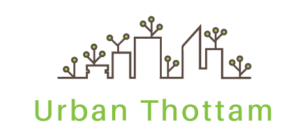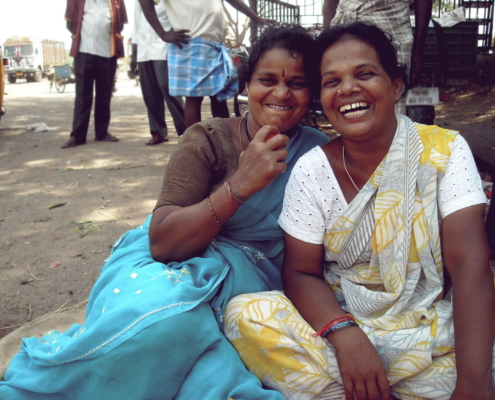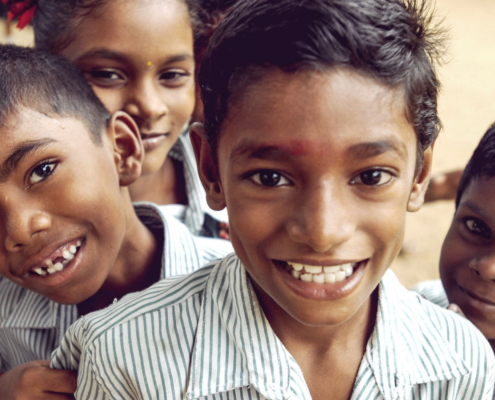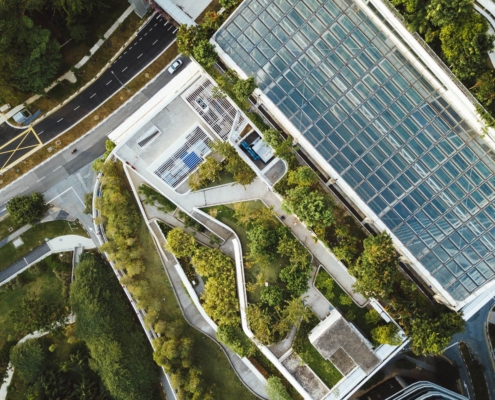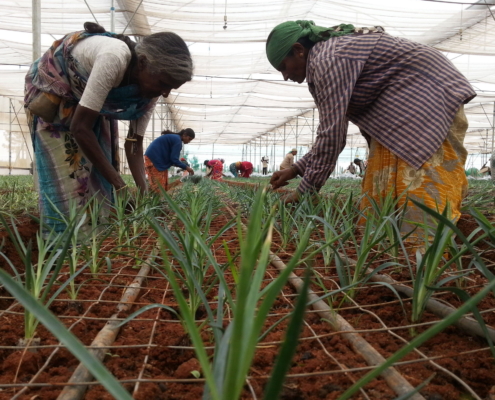About Us
EQUITABLE RESILIENT NOURISHING REVITALIZING URBAN FOOD SYSTEMS
Urban Thottam is a platform that promotes urban farming to build resilience to climate change and create healthy, self-reliant societies by improving food security and livelihoods, especially among the urban poor in Chennai city. Urban Thottam is a Chennai Resilience Centre initiative, supported by Adrienne Arsht – Rockefeller Foundation Resilience Center.
The Chennai Resilience Centre (CRC) was established with the aim to promote resilience in individuals, communities and institutions to address the challenges posed by rapid urbanization and climate change in Chennai. CRC, through a multi-stakeholder process, developed a Resilience Strategy for Chennai as part of the 100 Resilient Cities program. This strategy was endorsed by the Greater Chennai Corporation (GCC), the civic body for urban governance. One of the flagship projects envisioned as part of the resilience strategy was the Chennai Urban Farming Initiative (CUFI) – a program aimed at greatly reducing the vulnerability of 2.5 million people to climate change through local food production on rooftops and in community spaces.
CRC, currently instituted as a unit of the Care Earth Trust, fostered by the Atlantic Council’s Adrienne Arsht – Rockefeller Foundation Resilience Center (AARFRC) and the Resilient Cities Network (RCN), is facilitating the implementation of the CUFI through launching the Urban Thottam platform. This is part of an effort to utilize 1000s of acres of rooftops and vacant urban spaces to scale-up vegetable gardening through a citywide strategy. The intent is to develop a more sustainable and local food supply system that will improve overall access to healthy food for Chennai citizens, ensure participation and economic benefits for low-income neighbourhoods, while simultaneously cooling and greening the city.
